#TradeWar
Senate Approves Bill Injecting Cash Into Semiconductor Industry
Apologies for all the semiconductor news. But it’s the topic of the day, with the United States Senate recently approving $52 billion in emergency spending to help bolster domestic chip production and another $190 billion for R&D programs.
Passing the vote (68-32) under the premise that boosting localized chip production would help prevent domestic automakers from having to cut corners, the Senate is also suggesting the funding could give the U.S. a competitive advantage against China. The Communist Party of China (CCP) has opposed the U.S. Innovation and Competition Act (formerly the Endless Frontier Act), with statements released from the National People’s Congress (NPC) demanding the legislation be halted immediately.
Don't Bet on Seeing Chinese Brands in the U.S. Anytime Soon
Over the past decade, regular reports that Chinese automakers were readying a major push into the North American market became commonplace. We started seeing them move out of trade show basements to take up some of the most desirable real estate on the main floor. While some of the product clearly wasn’t yet up to snuff, one could imagine budget-focused products flooding the U.S. and Canada after a few years of polish. However, the last time that seemed like a likely scenario was 2018.
Chinese brands are still trying to break into the untapped North American market; some even have physical office space set up within the United States. However, Sino-American relations have soured dramatically over the past few years, and new financial hurdles have made wrangling a new market extremely difficult.
Back to Normal: U.S. Auto Tariff Threats Return for EU
On Wednesday, President Donald Trump threatened to impose fresh tariffs on European automotive imports if the region can’t work out a trade deal with the United States. The good news is that the U.S. is already in the opening stages of negotiation with the United Kingdom, which is due to leave the EU at the end of January. British Prime Minister Boris Johnson has even said a key benefit of Brexit is the ability to negotiate with countries like the U.S. independently.
Unfortunately, the rest of Europe doesn’t seem as eager to do business — encouraging Trump to fall back to tariff threats. But there’s clearly a retaliatory angle here. In 2018, the EU threatened punitive tariffs on traditionally American items like whiskey and motorcycles as a response to Trump’s intent to impose tariffs on steel and aluminum. He’s targeting French goods this time, mentioning 100-percent fees on imported luxury goods from France (champagne, handbags, etc.), additional levies on digital services, and a 25 percent duty on European cars.
Chinese Auto Market Still Struggling, but There's Good News for Japan
China’s car market, officially the world’s largest, is bracing for its second year of negative growth. November was the fourth consecutive month of declining year-over-year sales, representing an improvement from October despite volume dropping 4.2 per cent below last November’s tally. Unfortunately for China, the downward trend has not been the exception, but the rule.
According to the Hong Kong based South China Morning Post, the China Passenger Car Association (CPCA) was hoping for better. “The market failed to live up to expectations of a strong rebound in November,” said Cui Dongshu, secretary general of the CPCA. “Consumer demand remained weak as people are reluctant to spend on big-ticket items due to worries about a bleak economic outlook.”
This matters in the West because domestic manufacturers have bent over backwards to try and improve sales within the region, expending no small amount of energy or capital in the process. China’s citizenry are also changing their tastes to cope with a weakening economy, and it would be wise to look at the choices they’re making.
Trade War Watch: Report Claims White House Wants to Dictate Where Cars Are Manufactured
The Trump administration has reportedly expressed an interest in deciding where and how automotive manufacturers do their business if they want to secure duty-free deals under the United States–Mexico–Canada Agreement (USMCA) that’s positioned to replace NAFTA. According to Bloomberg, there’s currently a discussion taking place between administration officials, congressional staff, and domestic and foreign automakers regarding the context of the legislation that lawmakers will ultimately have to vote on. The White House is said to want highly specific language that would allow it to select production rules unilaterally.
Considering how messy things have gotten with China, it could be useful to have extremely clear trade language and some direct oversight of businesses with global interests. But critics are worried the strategy could bring U.S. trade policy closer to the rigid policies already in place in the People’s Republic — a country America has attempted to distance itself from due to its ludicrous levels of government intervention.
The real fear is that the government could use this to give one manufacturer better treatment than another — cutting it a sweet deal for building in a politically advantageous area, for example. While plausible, we can’t confirm something that’s largely speculative.
South Korean Hyundai Workers Didn't Strike This Year!
After eight consecutive years of striking, South Korean Hyundai employees decided to take a season off. Preliminary reports are indicating that the workers’ union has reached a tentative wage agreement with the automaker, resolving any need to picket.
Top-notch negotiating skills likely played a role, but union members also noted that it was best not to temp fate. According to Reuters, the group said it had considered “the uncertain political and economic situation” before agreeing to terms. That’s a reference to the degrading political situation between South Korea and Japan, as well as the ongoing Sino-American trade war.
China Making Moves to Improve Its Crippled Auto Market
While you’ve heard the media prophesying a global recession for months now, one that will effectively obliterate the younger generation’s purchasing power for the rest of their lives ( or so they say), the United States is actually in relatively good shape vs other markets. The People’s Republic of China already appears to be in a recession, and it’s no state secret that its automotive market is hurting.
Part of that is due to the ongoing Sino-American trade war, but there are other factors at play. We’ve previously covered how China’s overzealous adoption of increasingly rigid efficiency mandates upset auto sales. As it turned out, the nation’s commitment to zero-emission vehicles and swelling emission rules scared off a subset of buyers. Others simply couldn’t rationalize making such a large purchase during a period of economic uncertainty.
This all resulted in China’s automotive market experiencing more than a full year of consistently negative growth — something the PRC would like to see fixed posthaste. On Tuesday, the Chinese State Council announced a tentative plan to fix its struggling economy.
Automakers Sweating After China Announces 25-percent Tariff on U.S. Autos
The trade war between the United States and China heated up again Friday, with the People’s Republic pulling a U-turn on its treatment of U.S.-built vehicles. Come mid-December, China will hit inbound U.S. vehicles with a 25-percent tariff. Auto parts will see a 5-percent tariff.
The new — well, resurrected — auto tariffs are a reactionary measure, coming after U.S. President Donald Trump proposed, then delayed, the levying of a 10-percent tariff on $300 billion of Chinese goods. While some import taxes will hit in September, the full range of tariffs is expected to come into effect on December 15th. China’s auto tariffs, first levied last year and lifted earlier this year as an olive branch gesture, are part of a larger raft of tariffs impacting $75 billion of U.S. goods. A 5- to 10-percent tariff hits non-auto U.S. goods on September 1st.
It’s no wonder every automaker wants to build Chinese-market vehicles within that country’s borders.
China Fines Ford Over Supposed Antitrust Violations, Assembles List of 'Unreliable Entities'
China has fined Ford Motor Company’s main joint venture in the country, Changan Ford Automobile Co., over antitrust violations. However, the more likely scenario is that the People’s Republic is trying to flex some muscle after the Trump administration declared a ban on doing business with Huawei, the world’s largest telecommunications provider, on national security grounds.
The oversimplified gist of the situation is that America doesn’t trust a telecom firm with direct ties to the Chinese Communist Party that could easily be tapped by the Chinese government for espionage. Several countries banned Huawei equipment earlier this year after the U.S. Justice Department unsealed a raft of indictments, included 23 counts pertaining to the alleged theft of intellectual property, obstruction of justice, and fraud relating to sanctions against Iran.
Playing Both Sides: How Toyota Is Rolling With the Trade War Punches
While it’s difficult to muster sympathy for giant corporations, the trade war current raging between the United States and China has left many stuck in an industrial limbo. Automakers want a bigger slice of the global market, but putting your eggs in either country’s basket will result in repercussions from the other.
We’re not saying this to promote some kind of commiseration for multinational companies; rather, it’s simply to remind everyone of how the auto industry has to conduct its business. Frequently, carmakers must play both sides. Toyota, already one of the world’s largest automakers, knows this better than anyone, and new documents shed light on some of the cloak-and-dagger aspects of maintaining its high-volume position.
Trade War Watch: China to Temporarily Suspend U.S. Auto Tariffs
China announced Friday its intent to reduce tariffs on imports of American-made cars as it tries to negotiate a trade deal with the United States. As you’ll recall, the People’s Republic imposed additional punitive tariffs on U.S. cars and auto parts earlier this year after promising it would lower the trade barriers on a global scale.
Things look to be different this time around. China has already taken steps to scale back the trade war and appears ready to continue down that path. Earlier this month, President Donald Trump and Chinese President Xi Jinping agreed to a truce in the trade war at their meeting in Argentina. This was followed by an announcement, via Trump’s Twitter account, claiming China had agreed to scale back auto tariffs against the United States.
Trade War Watch: Trump Says China Will Remove Car Tariffs, China Claims Nothing
Last night President Donald Trump tweeted that China had agreed to reduce tariffs. While The People’s Republic already lowered tariffs over the summer, it chose to cut the United States out of that deal as trade relations worsened. In fact, America found itself subject to an increased, 40-percent fine on imported autos while the rest of the world saw their tariffs (partially) eased. But the president seems optimistic.
“My meeting in Argentina with President Xi of China was an extraordinary one,” Trump explained in a follow-up post. “Relations with China have taken a BIG leap forward! Very good things will happen. We are dealing from great strength, but China likewise has much to gain if and when a deal is completed. Level the field!”
Meanwhile, China remains silent on the matter.
How Do Automakers Plan to Cope With Their Upcoming Nightmare?
On Wednesday, we reported General Motors’ plan to buy out salaried employees as part of a long-term cost-cutting strategy, with further reductions in headcount looking likely. Despite its healthy profits, GM knows industry forecasters predict a period of economic hardship and continuously dwindling car sales. OEMs need as much money as they can cling to in order to weather the costs associated with advancing their collective shift into electrification and autonomous vehicles, while at the same time preparing for a global trade war.
A bad moon is rising and every manufacturer needs a way to cope.
BMW Buying Out Brilliance Automotive in China, Adding Capacity for U.S.
Now that China has relaxed its joint-ownership mandates, BMW has announced that it will procure a majority stake in its venture with Brilliance Automotive. The German firm will be the first foreign automaker to have majority control of its business in the region.
Being first will not come cheaply, however. It will cost BMW $4.2 billion to assume control with a majority stake of 75 percent of the business — albeit as part of a larger deal. All the manufacturer has to do is come up with the funds and wait until 2022, when rules limiting foreign ownership for all Chinese auto ventures are officially lifted.
Trade War Watch: Turkey Readies 120 Percent Tariff On American Cars
In Joseph Conrad’s Heart of Darkness, Kurtz has an epiphany regarding himself, imperial conquest, and war as a whole, crying “The horror! The horror!” in his last moments of life. His experiences took him from a well-meaning businessman to a megalomaniacal warlord, only able to realize the full scope of his own corruption upon his death. Trade wars contain significantly less drama than real ones, but there is never a shortage of egotistical individuals falling down a rabbit hole of madness.
This week, a decree signed by Turkish President Recep Tayyip Erdogan raised the tariff on U.S. cars to 120 percent. While this doesn’t qualify as truly horrific, it certainly could head in that direction if things continue to escalate.



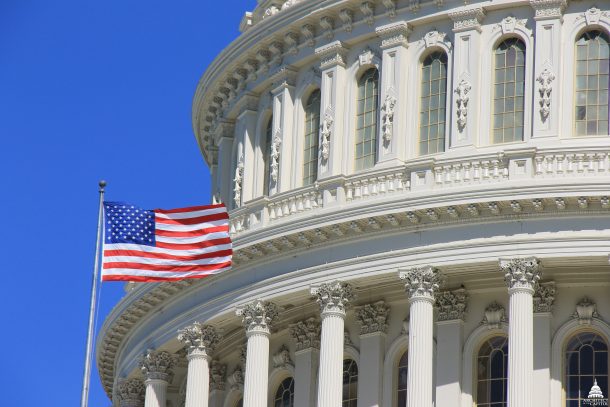

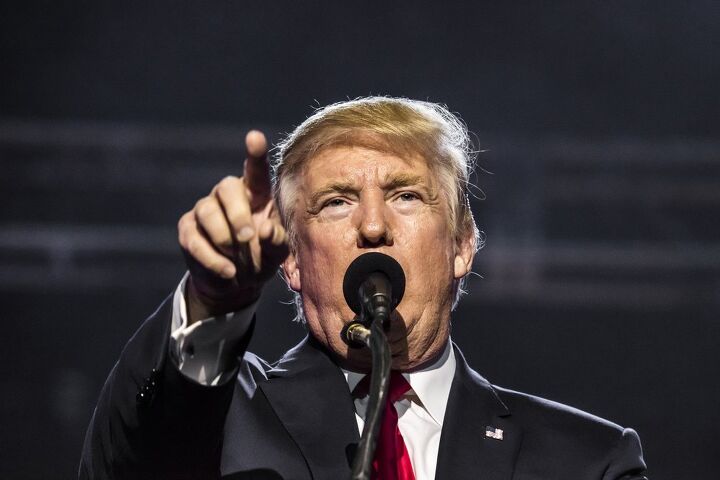

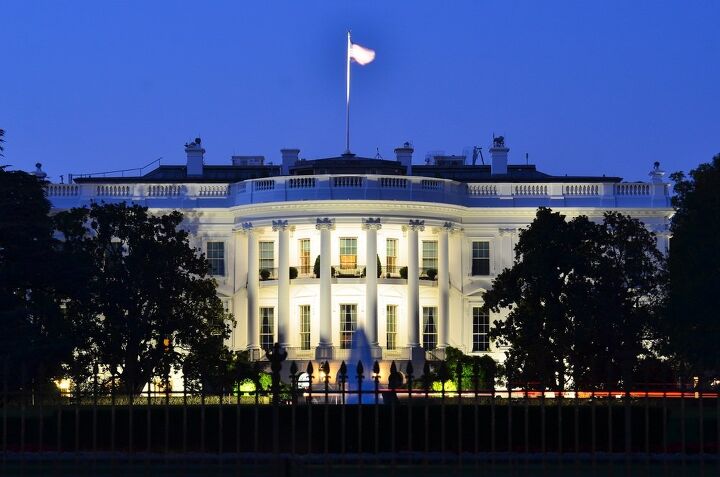
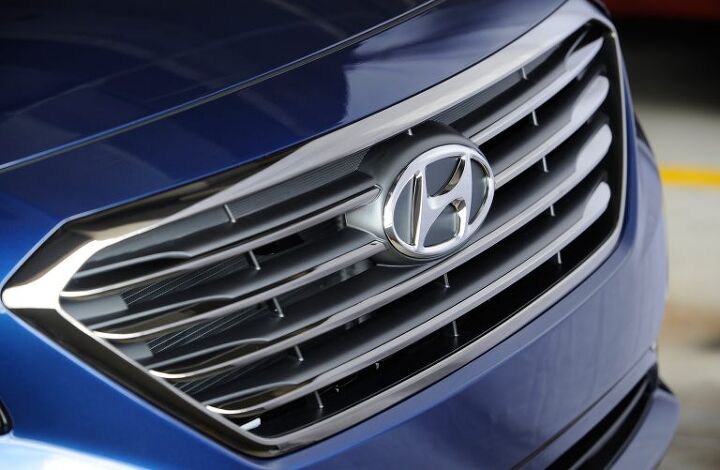

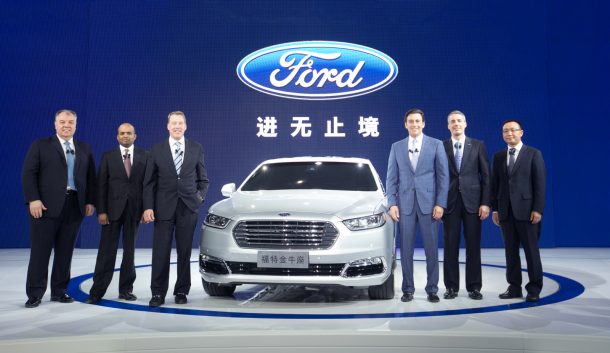


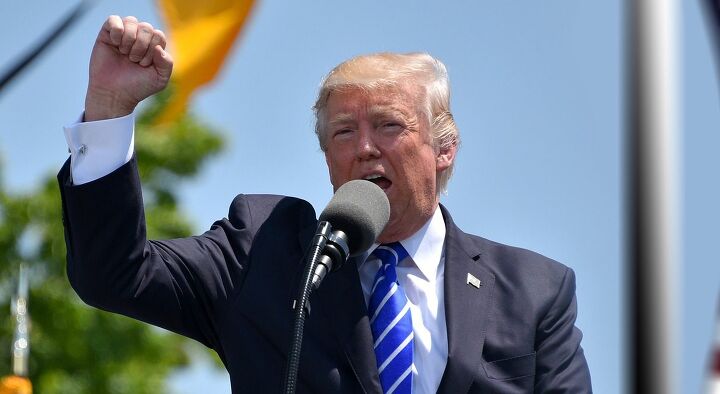


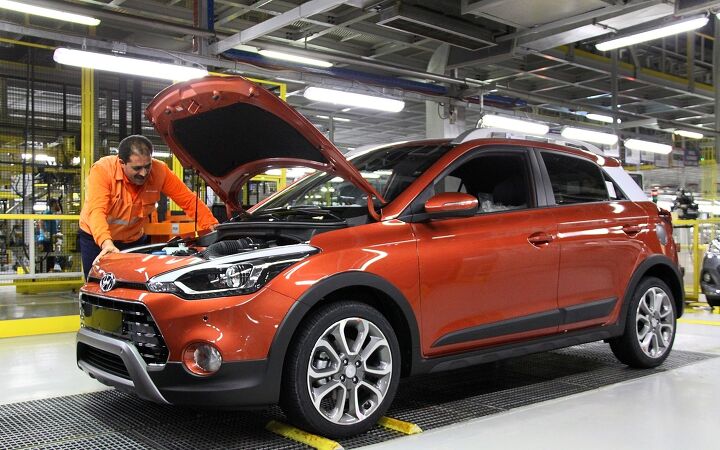












Recent Comments